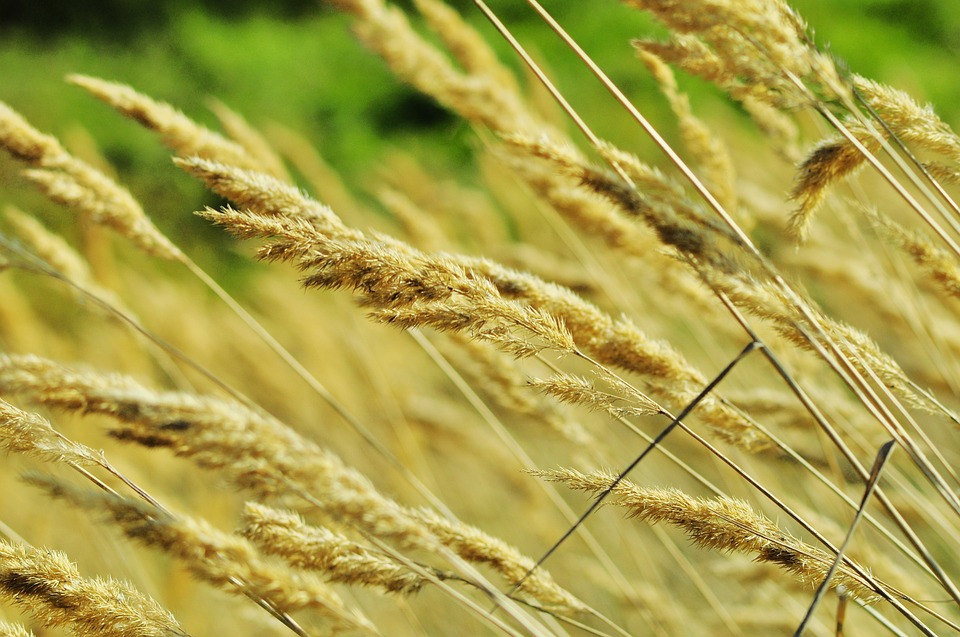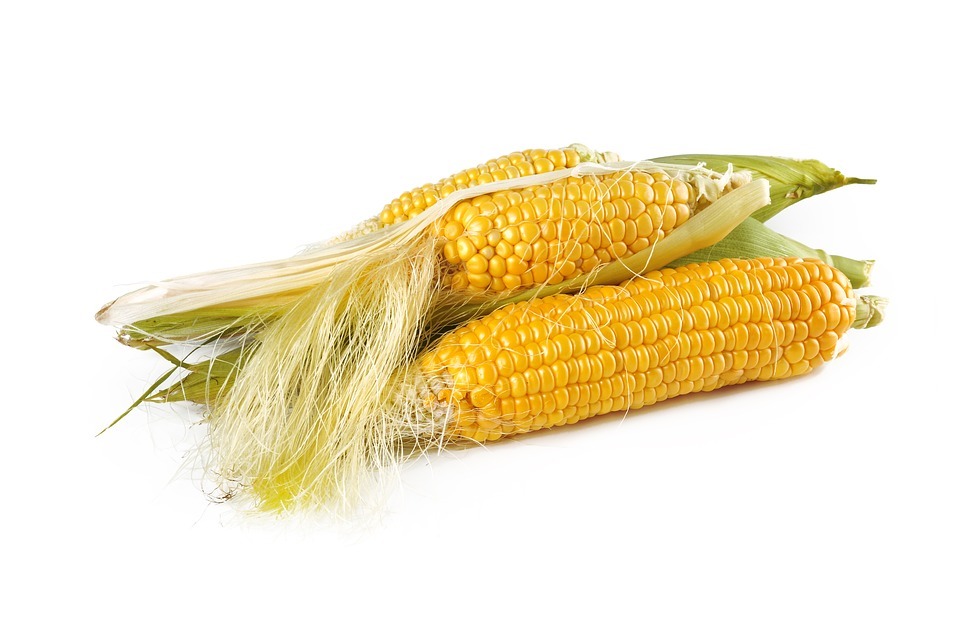This comprehensive guide will provide an in-depth exploration of the relationship between rabbits and corn, covering its nutritional value, potential risks, safe feeding practices, and frequently asked questions. We'll clarify the complexities of this seemingly simple question, helping you make informed choices about your bunny's diet.
Part 1: Understanding the Rabbit's Digestive System

1.1. Herbivores and Hindgut Fermenters
Rabbits are herbivores, primarily consuming plant matter. They are also hindgut fermenters, meaning the majority of their digestion occurs in their large intestine, where beneficial bacteria break down fibre.
1.2. The Importance of Fibre
Fibre is essential for a rabbit's digestive health. It promotes regular bowel movements, helps to maintain a healthy gut microbiome, and prevents dental problems by encouraging chewing.
1.3. Dietary Needs
A rabbit's diet should consist mainly of Timothy hay, supplemented with fresh vegetables, and occasional treats in moderation. This balance ensures they receive the necessary fibre, vitamins, and minerals for optimal health.
Part 2: The Nutritional Composition of Corn

2.1. Macronutrients: Carbohydrates and Protein
Corn is primarily composed of carbohydrates, mainly starch, which provides energy. It also contains a moderate amount of protein.
2.2. Micronutrients: Vitamins and Minerals
Corn provides some essential vitamins and minerals, including:
- Vitamin B6: Plays a vital role in metabolism and brain function.
- Vitamin E: An antioxidant that protects cells from damage.
- Magnesium: Essential for bone health and muscle function.
- Potassium: Important for maintaining fluid balance and nerve function.
2.3. Comparison to Rabbit's Dietary Needs
While corn offers some nutritional value, its composition doesn't align well with a rabbit's dietary needs. The high carbohydrate content and low fibre content pose potential risks for their health.
Part 3: The Risks of Feeding Corn to Rabbits
3.1. Digestive Issues
The high starch content in corn can disrupt the delicate balance of gut bacteria in rabbits, leading to digestive problems such as:
- Bloating: Excess gas buildup in the digestive system can cause discomfort and pain.
- Gas: Increased gas production can lead to discomfort and potentially alter the gut microbiome.
- Diarrhoea: Irregular bowel movements and loose stools can indicate digestive upset.
3.2. Dental Problems
Corn's low fibre content doesn't provide sufficient chewing stimulation, which is crucial for maintaining healthy teeth in rabbits. This can lead to dental problems like overgrown teeth, tooth root abscesses, and difficulty eating.
3.3. Obesity
Corn's high calorie content and low fibre content make it a potential contributor to obesity in rabbits. Obesity increases the risk of several health problems, including:
- Cardiovascular disease: Increased strain on the heart and circulatory system.
- Diabetes: Difficulty regulating blood sugar levels.
- Joint problems: Excess weight puts stress on joints, increasing the risk of arthritis and other conditions.
3.4. Nutritional Deficiencies
Corn lacks essential nutrients like Vitamin C, crucial for a healthy immune system and collagen production. A diet heavily reliant on corn can lead to deficiencies in other vital nutrients.
Part 4: Safe Ways to Feed Corn to Rabbits
4.1. Moderation as a Treat
If you choose to offer corn to your rabbit, it should be in extremely small quantities as an infrequent treat. A tiny piece of corn on the cob or a few kernels can be a special occasion indulgence.
4.2. Fresh and Unprocessed
Always select fresh, unprocessed corn on the cob. Avoid canned or processed corn, which often contains added sugars, salt, and artificial ingredients harmful to rabbits.
4.3. Gradual Introduction
If your rabbit hasn't had corn before, introduce it slowly. Start with a tiny piece and observe for any signs of digestive upset. If they show no negative reactions, you can gradually increase the amount over time.
Part 5: Unsafe Ways to Feed Corn to Rabbits
5.1. Cooked Corn
Cooking corn alters its structure and breaks down its fibre content, making it less digestible for rabbits and potentially causing digestive issues.
5.2. Processed Corn Products
Corn chips, popcorn, cornbread, and other processed corn products should be avoided completely. They contain high levels of sugar, salt, and artificial ingredients that can be harmful to rabbits.
5.3. Corn Stalks and Husks
Corn stalks and husks can pose a choking hazard for rabbits. They are also difficult to digest and can lead to intestinal blockages.
Part 6: Alternative Foods for Rabbits
6.1. Timothy Hay
Timothy hay should form the foundation of a rabbit's diet. It provides essential fibre, promotes healthy digestion, and contributes to dental health by encouraging chewing.
6.2. Fresh Vegetables
A variety of fresh vegetables should be offered daily. These include leafy greens like parsley, kale, and cilantro, along with bell peppers, broccoli, and other safe options.
6.3. Fresh Herbs
Some herbs, like basil, mint, and dill, can be safe and enjoyable for rabbits. Always research the safety of specific herbs before offering them to your bunny.
Part 7: FAQs
7.1. Can Baby Rabbits Eat Corn?
No, baby rabbits should not eat corn. Their digestive systems are still developing, making them susceptible to digestive issues caused by corn's high starch content.
7.2. Can Rabbits Eat Corn on the Cob?
While small amounts of fresh corn on the cob can be a treat for adult rabbits, it's crucial to supervise them closely. The cob itself can be a choking hazard, and rabbits should only be given a small piece at a time.
7.3. Can Rabbits Eat Corn Husks?
No, corn husks are not safe for rabbits. They are tough and fibrous, making them difficult to digest and posing a choking hazard.
7.4. How Often Can Rabbits Eat Corn?
Corn should be offered as a rare treat, no more than once or twice a week. Ensure it doesn't replace essential parts of their diet, like hay and fresh vegetables.
7.5. What Are the Signs of Corn Toxicity in Rabbits?
Signs of corn toxicity in rabbits can include:
- Digestive upset: Bloating, gas, diarrhoea
- Lethargy: Lack of energy or activity
- Loss of appetite: Reduced interest in food
If you suspect your rabbit has eaten too much corn or is exhibiting any of these symptoms, consult a veterinarian immediately.
7.6. Can I Feed My Rabbit Cornmeal?
No, cornmeal should not be given to rabbits. It lacks essential fibre and nutrients, and the processing involved in creating cornmeal can make it difficult for rabbits to digest.
Conclusion
While corn can be a rare treat for adult rabbits in moderation, it's crucial to understand its potential risks. Corn should never be a staple food source for rabbits. A balanced diet rich in Timothy hay, fresh vegetables, and appropriate treats is essential for their overall health and wellbeing. If you have any concerns or questions about your rabbit's diet, always consult a veterinarian.
Everyone is watching
-

Do Rabbits Lay Eggs? (The Surprising Truth)
OTHER TYPES OF PETSThis article will unravel the common misconception that rabbits lay eggs, exploring the fascinating world of r...
-

Can Rabbits Eat Grapes? A Guide to Safe Rabbit Treats
OTHER TYPES OF PETSThis comprehensive guide will explore the safety and suitability of grapes for rabbits, providing detailed inf...
-

What's a Group of Rabbits Called? (A Comprehensive Guide)
OTHER TYPES OF PETSThis article delves into the fascinating world of rabbits, exploring the various terms used to describe a grou...
-

Predators That Hunt Rabbits: A Guide to Natural Enemies
OTHER TYPES OF PETSI've always been fascinated by the circle of life, that delicate dance between predator and prey. Growing up ...
-

Are Rabbits Nocturnal Animals?
OTHER TYPES OF PETSThe question of whether rabbits are nocturnal animals is a fascinating one, with a surprisingly complex answer...
